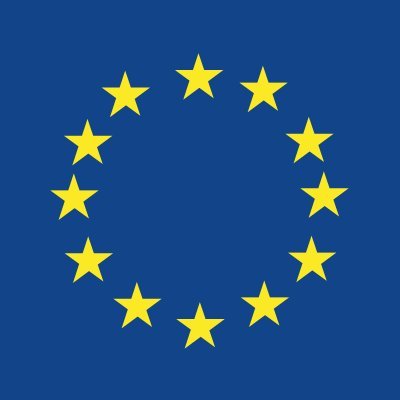Monitoring network for plant species and habitats of European community interest in Aragón

European Commission, LIFE;. LIFE+12 NAT/ES/000180. Coordinator: Gobierno de Aragón. Team member and coordinator at IPE: M.B. García(IPE, CSIC). 2013-2017.
Summary:
The objective of this proposal is to accomplish the goals
in art. 11 and 17 of the HD, which mandates members of the EU to
periodically, submit information on the conservation status of the plant
species (EIC) and habitats (HIC) of communitary interest. The
surveillance of all the EIC populations and HIC locations in a very
diverse territory as Aragon is highly complex, due to the sheer number
of items considered. In order to evaluate the conservation status and
temporal evolution of EIC and HIC, we will develop a program based on:
1) flexible but robust fieldwork methods, following the Long Term
Ecological monitoring approach; 2) the use of integrated teams with
contrasting but complementary specialization levels; 3) an effective
system to obtain and store field information; and 4) the coordinated
transfer of information between Academic and Administrative
Institutions. For EIC, the objective will be to estimate population
trends, using individual counts or other abundance measures, in
permanent plots. Only HIC items that are not effectively surveyed by
remote sensing will be included, and we will try to detect changes in
the diversity of these communities as temporal variations in the
abundance of species in permanent transects and in the populations of
target plant species. Changes will be associated to in situ
environmental changes (quantified via micro-climate, monitored with
mini-loggers, and land use change, measured by comparing aerial
pictures). Of highest importance in this project will be the
establishment of a user-friendly system to obtain all the information,
based on electronic data-collection devices. The final objective of this
proposal is to demonstrate that the coordination of a diverse set of
monitoring teams (rangers, volunteers, scientists, free-lances, and
technicians) can facilitate a rigorous monitoring network program able
to continue on its own after the project. Our monitoring network package
should be easily implemented in other regions.